WHY US
As its core goal, the Graduate Institute of Cancer Biology and Drug Discovery strives to develop new treatments for cancer. Our mission is to help students cultivate in the critical thinking and empirical research skills needed to understand cancer biology and develop novel cancer drugs. We provide an interdisciplinary curriculum, close interaction with research specialists, and the opportunity to develop relationships through on-site visits to industry centers.
COURSES INTRODUCTION
The Graduate Institute of Cancer Biology and Drug Discovery is designed to nurture world-class professionals in cancer biology research and drug research. Courses under four main categories (Cancer Biology Research Basic, New Drug R&D, Cancer Research Experimental Design, and Biomedical Informatics) lay the foundation for independent thinking and judgment, innovative thinking and problem solving, and the technical aspects of conducting research. In addition to arranging on-site visits to biotech and pharmaceutical industries, the Program works closely with Taiwan Academia Sinica and TMU’s affiliated hospitals to provide students direct access to clinical and research resources.
CURRICULA
These 7 courses are required:
| ◆ Research ethics | 0 credit |
| ◆ Special topics in processing & translational research of medical science & technology | 2 credits |
| ◆ Seminar | 4 credits |
| ◆ Cell & molecular biology | 2 credits |
| ◆ Advances in cancer science & technology | 2 credits |
| ◆ Individual studies in anti-cancer drug (I) | 1 credit |
| ◆ Individual studies in anti-cancer drug (II) | 1 credit |
Suggested Electives:
| Precision genomics & proteomics in medical application | 2 credits |
| Machine learning | 2 credits |
| Customized patent mapping program | 2 credits |
| Advanced topics in microbiology | 2 credits |
| Fundamental biomedical knowledge | 2 credits |
| Fundamental programming design | 2 credits |
| Anticancer drugs & pharmacological actions | 2 credits |
| Artificial intelligence in medicine | 1 credit |
| Practice in laboratory teaching | 1 credit |
| Tumor molecular biology & microenvironment: current challenges & opportunities in oncology precision therapeutics | 3 credits |
Click here for a sample schedule, by semester
Semester 1
Required courses:
| ◆ Research ethics | 0 credit |
| ◆ Seminar | 1 credit |
| ◆ Cell & molecular biology | 2 credits |
| ◆ Advances in cancer science & technology | 2 credits |
| ◆ Individual studies in anti-cancer drug (I) | 1 credit |
Elective courses:
| ◆ Customized patent mapping program | 2 credits |
| ◆ Advanced topics in microbiology | 2 credits |
| ◆ Fundamental biomedical knowledge | 2 credits |
| ◆ Fundamental programming design | 2 credits |
Semester 2
Required courses:
| ◆ Seminar | 1 credit |
| ◆ Individual studies in anti-cancer drug (II) | 1 credit |
Elective courses:
| ◆ Precision genomics & proteomics in medical application | 2 credits |
| ◆ Machine learning | 2 credits |
| ◆ Anticancer drugs & pharmacological actions | 2 credits |
| ◆ Artificial intelligence in medicine | 1 credit |
| ◆ Practice in laboratory teaching | 1 credit |
Semester 3
Required course:
| ◆ Seminar | 1 credit |
Elective course:
| ◆ Tumor molecular biology & microenvironment: current challenges & opportunities in oncology precision therapeutics | 3 credits |
Semester 4
Required courses:
| ◆ Seminar | 1 credit |
GRADUATION REQUIREMENTS
- The Cancer Biology and Drug Discovery master’s degree is a two-year (four-semester) program requiring completion of 30 credits, including 18 credits of required courses.
- Thesis defense
FUTURE CAREER PATH
Armed with cutting-edge therapeutic strategies for cancer prevention and treatment, graduates of our program continue the fight to make cancer treatment breakthroughs. Whether by engaging in teaching or extended academic research or by developing cancer treatments or synthesizing new drug in clinical settings, our efforts are focused on translating basic research to cancer treatments, and helping cancer patients live longer and better lives.
After student graduates from the Graduate Institute of Cancer Biology and Drug Discovery, they are well prepared for medicine and biotechnology related position including biologist, chemical analyst, geneticist, patient navigator, information technologist, medical/lab technologist.











